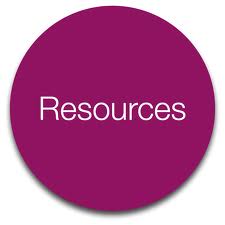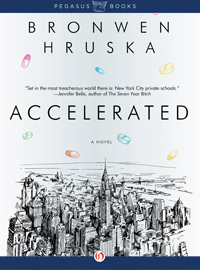 If you’re a parent of a child with Learning Differences, Behavior Challenges, or Social Skills Needs then you know that one of the most difficult things to search out is a trusted service provider– a “child whisperer” who has their “finger on the pulse” of the L.D. community at large, and, above all else, treats your kid like their own.
If you’re a parent of a child with Learning Differences, Behavior Challenges, or Social Skills Needs then you know that one of the most difficult things to search out is a trusted service provider– a “child whisperer” who has their “finger on the pulse” of the L.D. community at large, and, above all else, treats your kid like their own.
We’ll, you’re in luck because this past year we, at Terry Tutors, have spent the bulk of our time researching, meeting, and compiling resources for our clients. Throughout this process, we’ve found ways to seamlessly work together with teams of providers for each of our students and families in need of a little or a lot of help. We happily collaborate because that is the only way to coordinate proper care and ensure that needs are met and things get done! We work not only in the home but at the school and with the state too, providing cross-over services because a child’s challenge doesn’t magically go away when the bell rings.
Anyone who has tried to find special education services or the like has received the run-around more than once, where frustration ensues and time is inevitably lost. We’ve been fortunate, however, to make this process as painless as possible for our students and their families, working diligently to create connections so our kiddos are not the ones who lose out in the end.
For example, SSTs and IEPs are often thought of as nightmarish meetings, laden with government bureaucracy–stretching for days on end with little accomplished. But that has not been our experience. Instead:
- We do our homework! We’re educated, knowledgeable, and passionate about advocating and providing the right support for our students and their families.
- We extensively prepare our clients for realistic goals, being mindful of the emotion involved throughout the process of evaluation, social/emotional/academic findings, and the tough decisions parents must make.
- We make it a priority to respectfully maintain open communication with Teachers, School Psychologists, OTs, SLPs, Resource Specialists, Principals, and Administrators.
- We followup in a professional, timely manner to ensure what is written on paper is implemented in the classroom.
It is through this process that we’ve been able to meet all of these amazing service providers, who are passionate about serving your child and helping you support and advocate for their needs.
Review all of our Free Resources & Recommendations:
- Terry Tutors: Serving the Whole Student with Private Tutoring, Family Coaching & Education Advocacy
- Links We Love: a free resource list of providers we’ve met and services we recommend
- Terry Tutors Facebook: Resources galore for the typical and atypical developing student
- Terry Tutors Twitter: Connections with like-minded outlets for education: reform, inspiration, and know-how
- Terry Tutors Blog: Honest Approaches to Serving the Whole Student
- Terry Tutors Pinterest: Hundreds of pins from healthy kid-friendly snacks to education case law
- Terry Tutors YouTube: A Series all about the psychology behind school and how you can do better just by changing your mindset
—
LIKE US & SUBSCRIBE for new posts every Family Friday!
–
Christine Terry, J.D., is the Founder & Owner of Terry Tutors, a Private Tutoring, Family Coaching, and Education Advocacy service dedicated to supporting the whole student. She writes this blog as an effort to help Moms & Dads Navigate Generation Z, Honestly. Want to Know More? Head on over to TerryTutors.com


